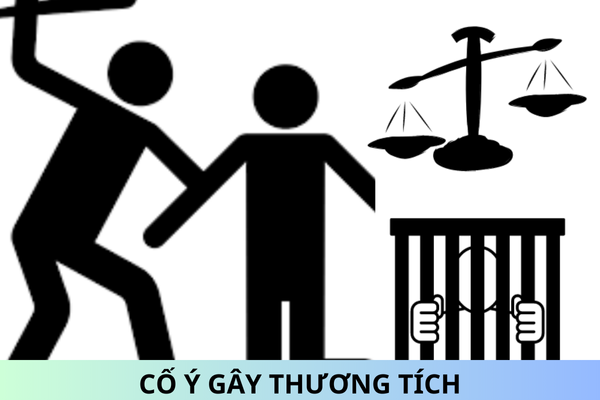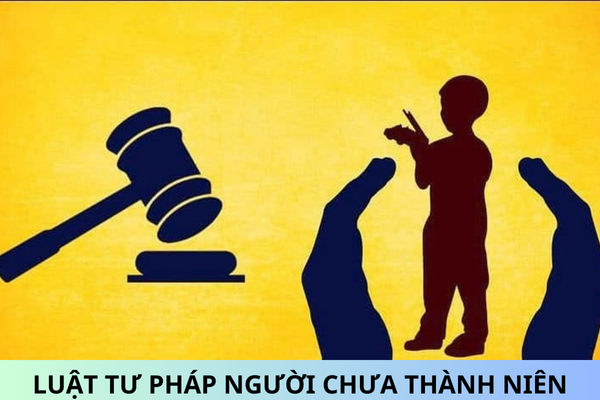Considering Criminal Liability and Deciding Punishment in the Case of Separating the Lawsuit
Based on Article 6 of Resolution 03/2020/NQ-HDTP, the regulations are as follows:
In cases where a lawsuit is separated to be resolved in different stages (split into multiple lawsuits), the examination of criminal liability and the sentencing decision shall be implemented as follows:
The fact that the offender has been convicted in a previous lawsuit shall not be considered as a basis for determining "committing the crime two or more times," except in cases where the criminal acts under review and criminal proceedings in various stages are independent from each other;
The fact that the offender has been convicted in a previous lawsuit cannot be considered as having a bad personal history to deny a suspended sentence if they meet other conditions for a suspended sentence;
The sentencing decision in each judgment and decision must ensure that when consolidating the penalties from all judgments, the total penalty does not exceed the maximum level of the penalty framework corresponding to the total value of misappropriated assets, bribes, or damages caused by the crime.
Example: Nguyen Van A abused his position in the execution of official duty. Initially, it was only proven that A caused property damage valued at VND 100,000,000, so the prosecuting agency decided to separate it into two lawsuits, initially prosecuting A for the act causing damage worth VND 100,000,000. However, in the second stage, the prosecuting agency proved that A's actions also caused property damage valued at VND 350,000,000. In the first stage, the Court applied Clause 2, Article 357 of the Criminal Code to sentence A to 5 years in prison for abusing his position in the execution of official duty. When prosecuting the case in the second stage, A continued to be prosecuted under Clause 2, Article 357 of the Criminal Code, to ensure that the aggregate penalty of both judgments does not exceed the highest level of this clause, the Court can only sentence A to a maximum of 5 years in prison.
Sincerely!










